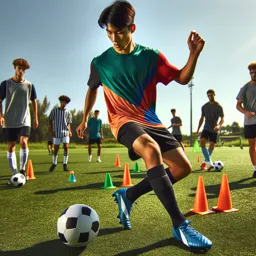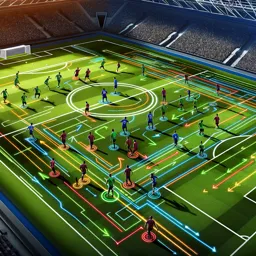Introduction to Situational Awareness
While learning physical self-defense techniques is crucial, understanding situational awareness and practicing daily safety habits are equally important in protecting yourself. Self-defense is not just about physical responses; it begins with recognizing potential risks and taking proactive measures to avoid danger.
The Foundation of Personal Safety: Awareness
Situational awareness refers to being conscious of your environment and the people around you. Start by staying alert and avoiding distractions—especially from your phone—when in public spaces. Take mental notes of exits and the general mood or activity levels wherever you go.
- Practice making eye contact with those around you to show confidence.
- Trust your instincts; if something feels off, act on that feeling.
- Plan routes ahead for unfamiliar places and share your plans with trusted contacts.
Practical Strategies for Staying Safe
Here are some everyday tips to lower your risk and help you respond quickly to potential threats:
- Stay in well-lit areas and avoid shortcuts through isolated places.
- Walk with purpose and maintain good posture to project confidence.
- Carry personal safety devices, such as whistles or pepper spray, where legal.
- Keep your valuables out of sight and carry bags close to your body.
- When using public transportation, stay near the driver or in occupied areas.
Verbal Self-Defense and De-escalation
If approached by someone aggressive, use a strong, assertive voice to set boundaries. Simple phrases like “Stop” or “Stay back” delivered with confidence can deter a potential threat. Avoid escalating the situation; instead, focus on keeping distance and attracting attention if needed.
Building a Self-Defense Mindset
The strongest self-defense tool is your mindset. Commit to regular risk assessments of your routines and environment. Consider enrolling in self-defense courses to practice skills and raise your confidence. Finally, remember: personal safety starts with awareness and small daily decisions that keep you empowered and ready.
Conclusion
Situational awareness and practical self-defense habits are essential for everyday safety. By staying alert, projecting confidence, and preparing yourself with simple strategies, you can significantly reduce risks and feel more secure in any environment.
































